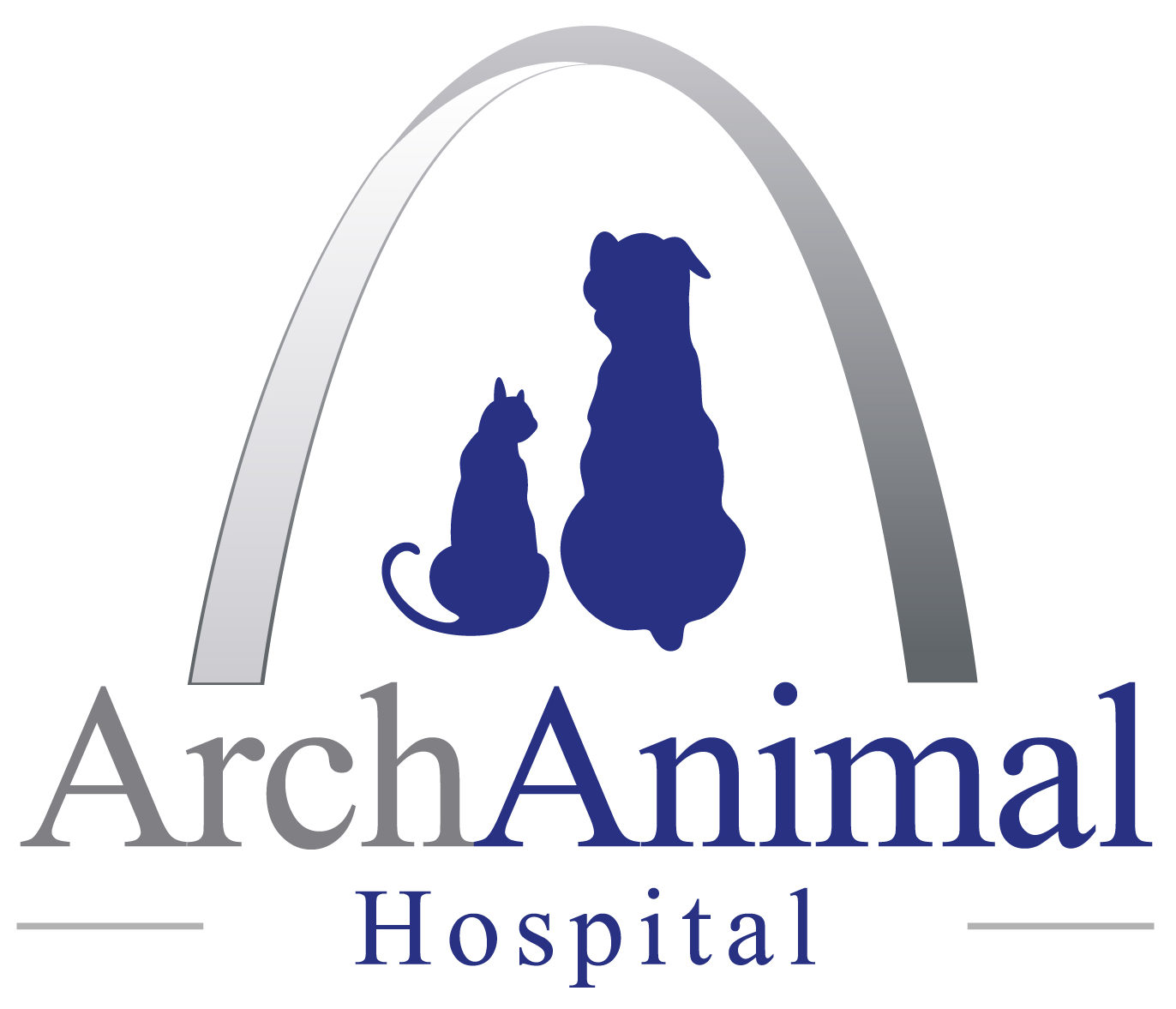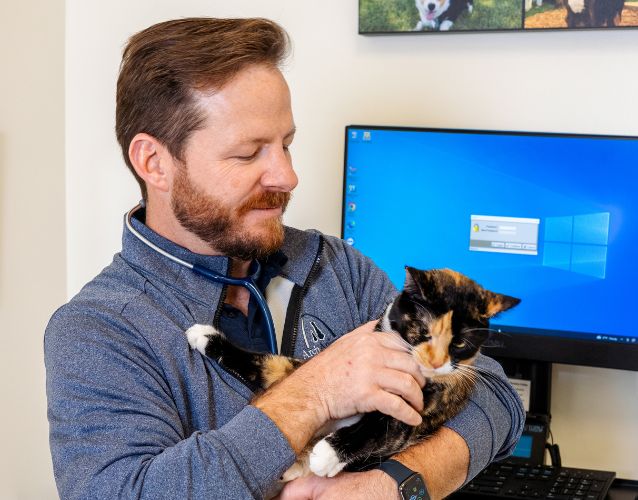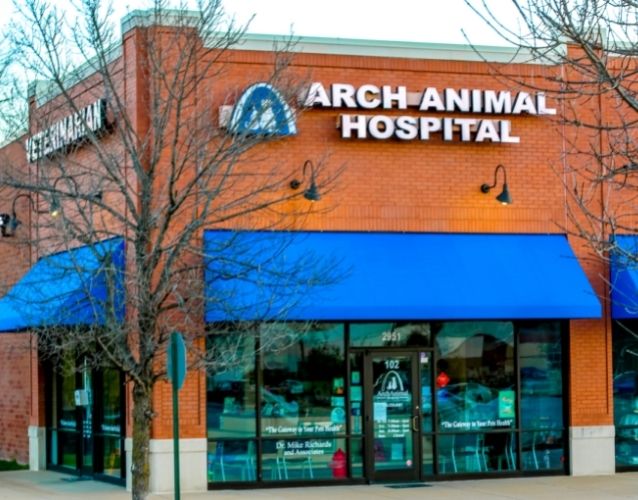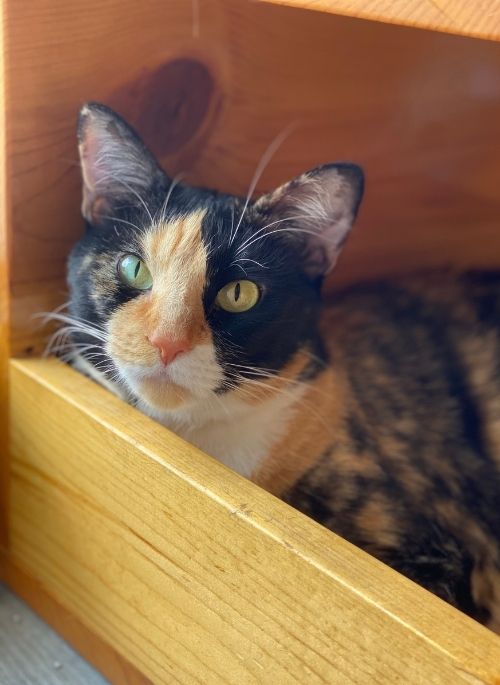Your pets are family at Arch Animal Hospital.
Arch Animal Hospital is a locally owned veterinary hospital serving West County St. Louis, MO, and beyond.
Visit our online store
Easily request and order medication online
Meet our patients
Visit our photo gallery to meet our furry patients
Meet the team
Meet our team, treating your pets like family
About Arch Animal Hospital
At Arch Animal Hospital, we strive to provide the very best medical and surgical care for your pet. We are a veterinary clinic specializing in general medicine and surgery for companion animals in St. Louis, MO, and beyond.
Compassionate Care
High-Quality Service
Community Focused
Our Veterinary Services
We are a veterinary clinic specializing in general medicine and surgery for companion animals. We offer preventative care and vaccinations, as well as treatment for sick pets.
Preventative Pet Healthcare
We believe exams every six months are vitally important to detect any early signs of concern.
Pet Diagnostics
In addition to our in-house laboratory, we have a full reference lab at our disposal.
Pet Surgeries & Dentistry
We offer a wide range of surgical and dental procedures for your pet at Arch Animal Hospital.
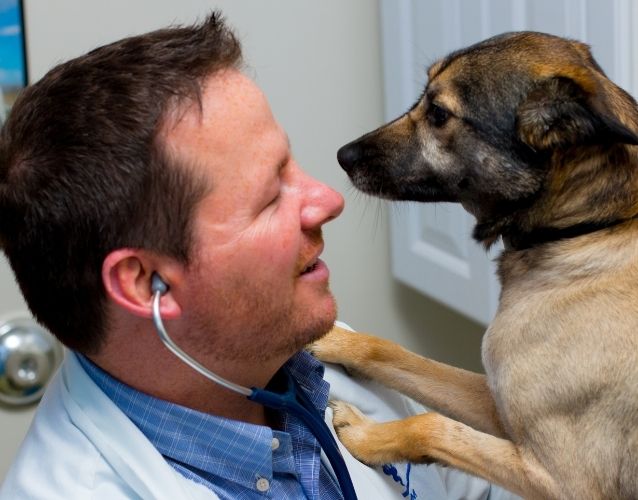
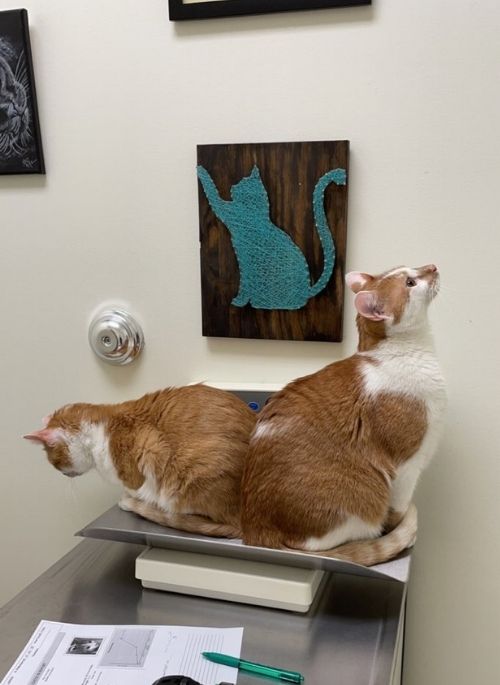
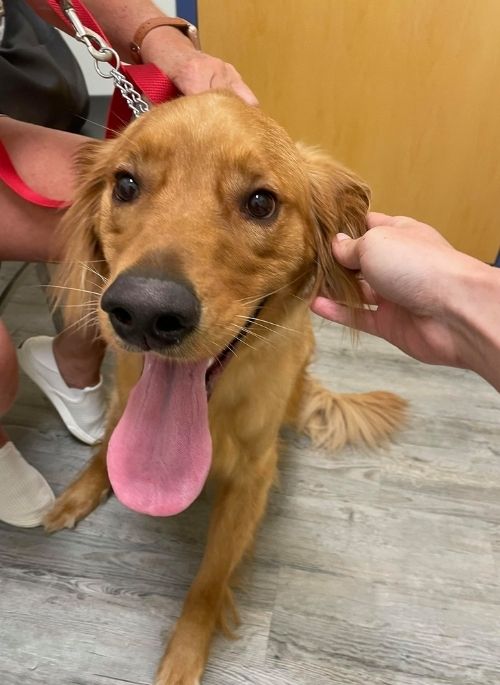

Meet Our Team
Our veterinary team is committed to educating our clients on how to keep your pets healthy year-round with good nutrition and exercise. Arch Animal Hospital stays on top of the latest advances in veterinary medicine and, above all, remembers that all animals and pets need to be treated with loving care in every check-up, procedure, or surgery.
Your Kind Words
– Michelle P.
